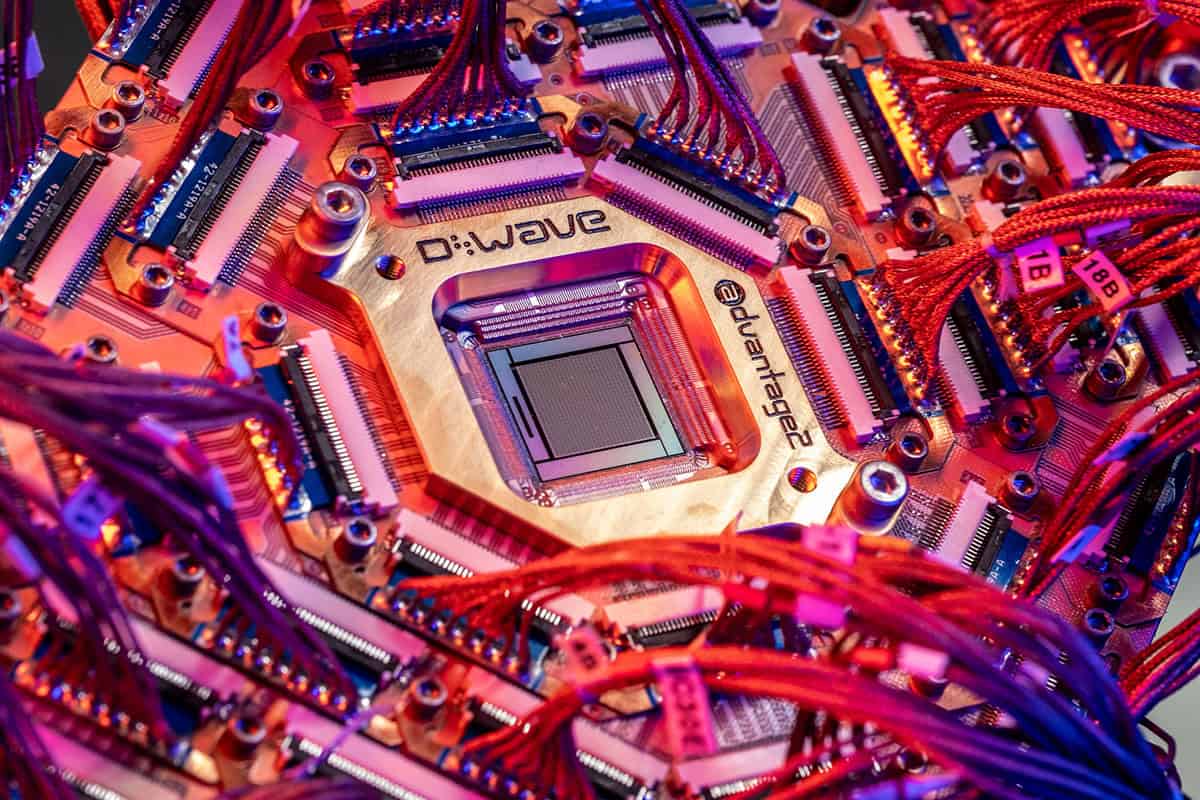Quantum computing stands at a pivotal crossroads, marked by both excitement and skepticism. As the world approaches the centenary of quantum mechanics in 2025, discussions surrounding the technology have intensified, especially during the International Year of Quantum Science and Technology (IYQ). Despite the buzz, questions remain about the practical applications and readiness of quantum computers in everyday life.
The foundation of quantum computing lies in several key properties of quantum mechanics, such as superposition and entanglement. A quantum bit, or qubit, can exist in multiple states simultaneously, represented by a probabilistic wave function. In contrast, classical computers utilize binary bits that are either 0 or 1. This fundamental difference enables quantum computers to explore numerous solutions at once, potentially solving complex problems at speeds unattainable by classical systems.
Despite the promise of quantum technology, its real-world application remains limited. The challenges are significant; qubits are exceptionally sensitive to their surroundings, leading to a phenomenon known as decoherence. This makes maintaining a qubit’s quantum state challenging and introduces errors in computation. As a result, specialized environments, often cryogenically controlled, are essential for accurate quantum operations.
Building a quantum computer with interconnected qubits is an expensive engineering challenge requiring advanced hardware and specific operating conditions. As noted by physicist and engineer Honor Powrie, the timeline for mainstream quantum computing is uncertain, with estimates from colleagues ranging from “in the next two years” to “maybe never.”
Current Landscape of Quantum Computing
Despite the hurdles, advancements continue in the quantum computing arena. For instance, the Canadian firm D-Wave claimed earlier this year to have achieved a significant milestone by simulating quantum magnetic phase transitions, a feat beyond the capabilities of the most powerful classical computers. This achievement, if validated, would mark a notable instance of “quantum advantage” in addressing practical physics problems.
Research efforts worldwide are focused on enhancing qubit stability and developing robust quantum architectures. The first applications of quantum computers are expected to mirror the early days of classical supercomputers, which were large and primarily used by corporations and government agencies for intensive calculations. Quantum computers will likely complement classical systems rather than replace them, as both possess unique strengths.
For specific, demanding tasks—such as drug discovery, financial modeling, and complex optimization problems—quantum computers could provide unparalleled computing power. Classical systems will continue to manage everyday tasks such as web browsing and word processing, while also handling the data preparation needed for quantum computing.
Implications for Cybersecurity and the Future
One significant concern surrounding the rise of quantum computing is its potential impact on cybersecurity. Quantum computers could undermine widely used encryption methods, leading to fears that hackers are stockpiling stolen data for future decryption. This underscores the urgent need for new cybersecurity measures that can withstand quantum threats.
As the IYQ draws to a close, the future of quantum computing appears promising yet uncertain. While the technology is not yet ready for widespread deployment, the ongoing research and development efforts indicate that breakthroughs may be on the horizon. The journey to making quantum computers a part of everyday life is complex, but the potential rewards could redefine computational capabilities across various sectors.
In summary, while the timeline for quantum computing remains unclear, the excitement surrounding its possibilities continues to grow. The advancements made thus far suggest that the technology holds substantial promise, even as challenges persist. The next few years are likely to be crucial in determining how and when quantum computing will enter mainstream use.







